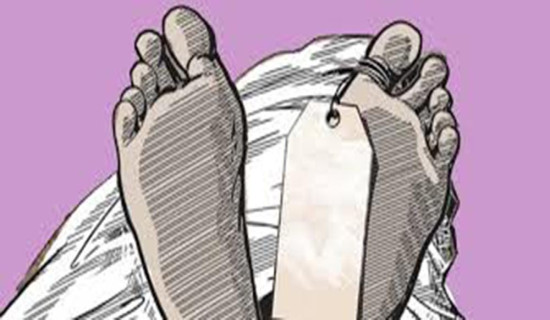- Thursday, 4 December 2025
Defining A Female
Nishtha Shrestha
Picture a female. The common descriptions would entail long hair, beautiful eyes, fair skin and a well-endowed body. Hordes of young girls strive to match these so-called feminine traits via means of diet, exercise, makeup and surgery. This prototype is so deeply rooted in our society that any deviation labels the person as non-feminine. If the definition of a female is limited to what meets the eye, where then do we include those females who due to various reasons suffer from hair loss, eating disorders or skin ailments? Do we consider these issues before we pass a judgement on the females around us?
The main distinction between a male and a female is the ability to reproduce. We cannot deny science nor history which proves that females are responsible for the continuation of human civilisation. Yet, what about those who cannot reproduce due to genetic reasons or who choose not to due to their work, dislike for children or simply because they do not want to. It is a relief for the family when a girl menstruates for the first time and a matter of concern if the cycles are not regular.
The pressure to be fertile is so suffocating that the young girls who suffer from disorders such as polycystic ovary syndrome (PCOS) are made to feel that they are not females. A cyst in the ovaries is no different from a hole in the heart. Both demand care and attention yet the former receives criticisms, blame, silence and causes the patients to question their identity. Is a human considered to be a female only when she can bear a child?
It is no new information that the rules for females are stringent as compared to males.
The load of morality is placed on the moment she is born. Hence, she is protected and prevented to be around the other gender on her own. This taught weakness is taken advantage of in certain scenarios and instantly she loses the title of a good female. Rather than punishing the culprit, it is the female who bears the brunt of the ordeal. The shame of losing the invisible tag of purity transforms the transgression of human rights into a traumatic experience.
Such females are no longer welcomed in the society as her own group fails to understand the dilemmas and the frustrations she had to go through.
Is sexuality then the deciding factor for being a female? Our society does not prefer an outspoken and assertive female. The label of "feminist" is immediately applied when one meets such a female. Why is it hard for society to move beyond the physical level and include the mental dimension of femininity? Traits like intelligence, bravery and rationality are considered masculine traits.
In females, their presence is appreciated if it is used for managing household duties. Those who demonstrate these skills outside traditional roles are described, for example, as "she is brave like a man". Another group that is always neglected in this discussion of masculinity and femininity includes the queer people. Is there any other reason apart from the societal definition of a female that prevents us from accepting males who identify themselves as females? Thus, as proven from the above arguments, there are many layers that need consideration and above all a sense of compassion for those females who are different by birth or by choice.

















